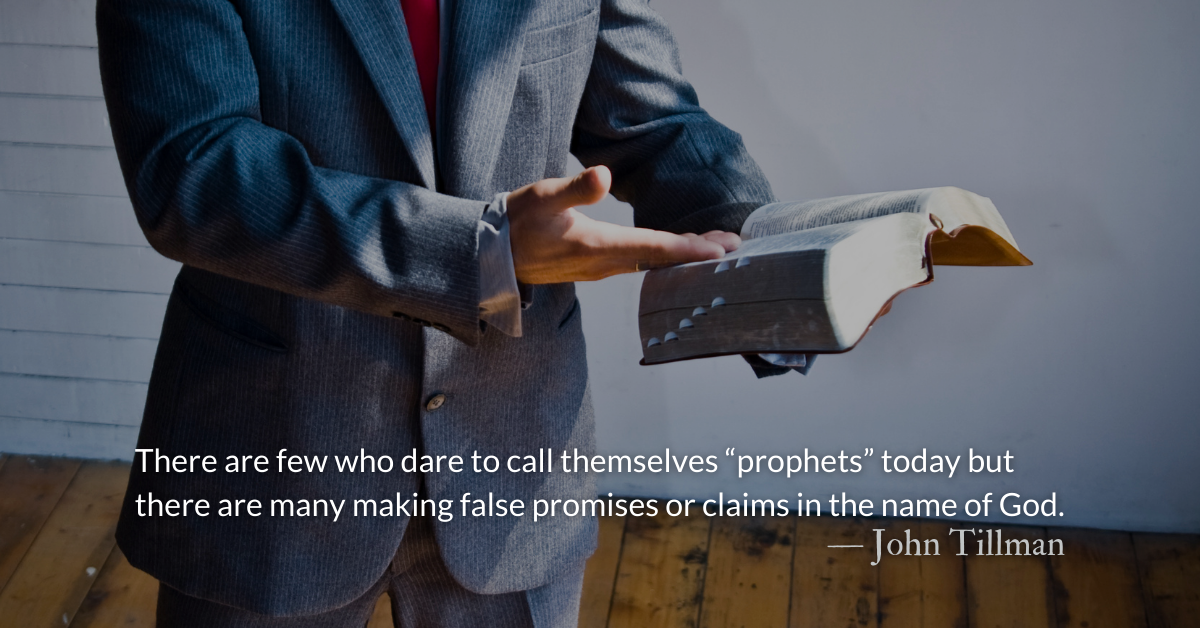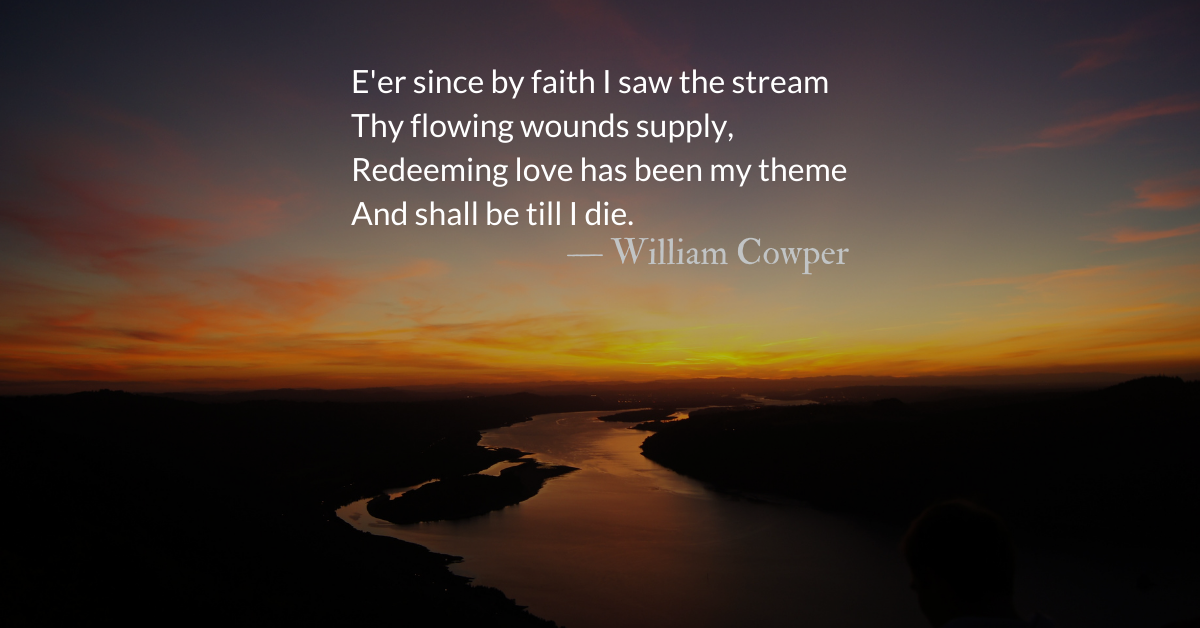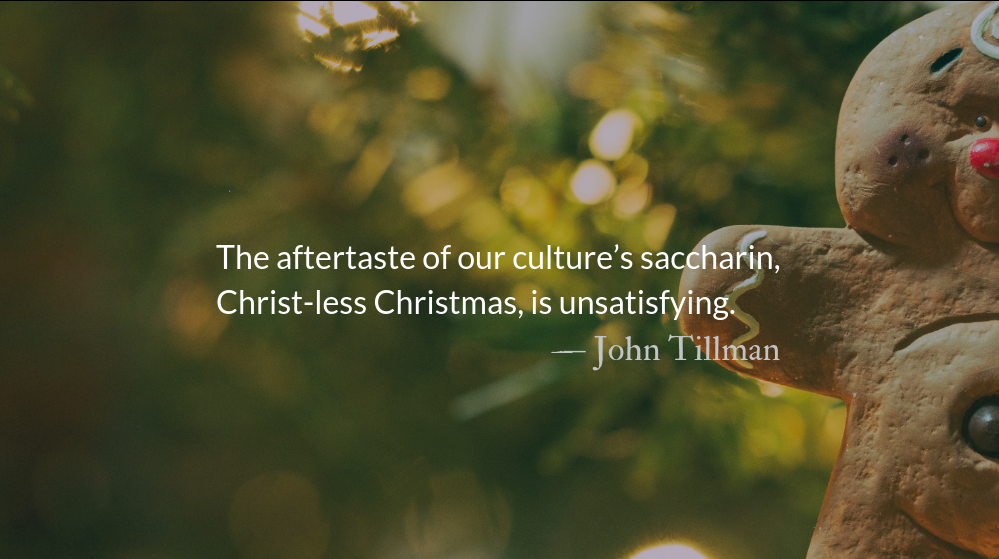Scripture Focus: Zechariah 13.4-6
4 “On that day every prophet will be ashamed of their prophetic vision. They will not put on a prophet’s garment of hair in order to deceive. 5 Each will say, ‘I am not a prophet. I am a farmer; the land has been my livelihood since my youth.’ 6 If someone asks, ‘What are these wounds on your body?’ they will answer, ‘The wounds I was given at the house of my friends.’”
Reflection: Prophetic Forgery
By Erin Newton
Zechariah foresees a time when prophets who speak in the name of God—but not in the Spirit of God—would openly admit their fraudulent ways and renounce their forged positions as prophets.
So many times, we see messages about the end of false prophets: “A sword will flash in their cities; it will devour their false prophets and put an end to their plans” (Hosea 11.6). “In vain I punished your people; they did not respond to correction. Your sword has devoured your prophets like a ravenous lion” (Jeremiah 2.30).
Rarely do we see the regeneration of a false prophet. It is easier to wish for their demise than for their redemption.
The false prophets in Zechariah’s vision have changed careers—from a position of power wielded to hurt others to a life-giving position of a farmer who sows seeds that bear real fruit. The self-inflicted wounds from the ecstatic rituals (like what we saw on Mount Carmel in 1 Kings 18.28) are admitted to be the wounds of “friends”—false prophets like themselves.
We have false prophets in our midst today. They speak of God, but the deity is not like the God of the Bible. Self-proclaimed pastors or theologians warp the message of the Bible for their gain—financial, political, or spiritual power, or even some form of self-preservation. True prophets speak the message of God and call out abuses, corruption, and unabashed sin. False prophets deny wrong-doing, cover up sins, and call evil “good.” They are idolaters without realizing it.
We like to think of idols as representing a completely different god than our God. Truth is these false prophets aren’t merely speaking about other gods—they are preaching false words in the forged name of our God. As M. Daniel Carroll R. points out in The Lion Roars, “Israel and Judah were supremely active religious nations, but the quantity of rituals did not qualify the worship as acceptable…. These activities were directed at another god constructed according to the worshipers’ tastes and needs.” Carroll defines false prophecy in the ancient world and points toward the false prophets of our own day.
Prophetic forgery is claiming to speak on God’s behalf when the words sound nothing like the God of the Bible.
The greatest hope we have for the false prophets is that people would see the deceit, name it for what it is, and denounce that behavior once and for all.
Divine Hours Prayer: The Greeting
You are the Lord, most high over all the earth; you are exalted far above all gods. — Psalm 97.9
– From The Divine Hours: Prayers for Summertime by Phyllis Tickle.
Today’s Readings
Zechariah 13.2-9 (Listen 1:40)
Luke 22 (Listen 7:58)
This Weekend’s Readings
Zechariah 14 (Listen 3:52), Luke 23 (Listen 6:39)
Malachi 1 (Listen 2:47), Luke 24 (Listen 6:16)
Read more about What is a False Prophet?
When every religious leader claims to be speaking truth…what will be the litmus test for all these words?
Read more about Tortured Prophets Department
Many who speak out against abuses in the church…of power and sexual abuse, found the track “Cassandra,” from Taylor Swift’s new album, devastatingly relatable










